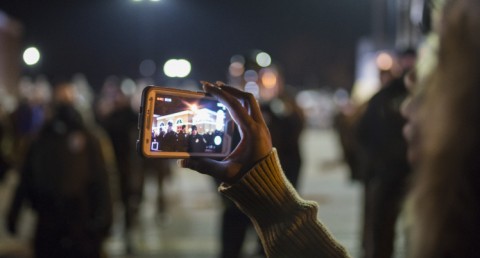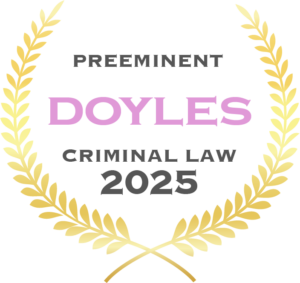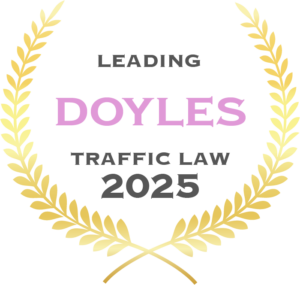What You Should Know About Filming Police
What does the law say about filming police in NSW Australia?
Most of us rely on our mobile phones to assist us in many areas of life.
But did you know that photos and videos taken on phones can be used as evidence in court?
Have you ever wondered if it is legal to film police when they are engaged in their duties? Can police tell you to stop filming or to delete any pictures or videos you take? We answer all of your questions.
Is it legal to film police? (filming police)
You have a legal right to film in public. Therefore, you can film or take photos of police when they are performing their duties if they are in public.
Can I film private conversations or activities?
What you can legally film depends on whether the activity is private or public.
You cannot film a private activity or conversation, even if it is in a public place – for example, you cannot film in a public toilet cubicle, or record a phone call. If people are whispering, or the conversation is one that would generally be expected to stay between the people involved, this is an indication it is a private conversation. In this circumstance, penalties including imprisonment can apply.
Can the police make me stop filming?
If police reasonably believe that you are obstructing people or traffic, harassing or intimidating people, are about to commit an offence, or are doing something that might cause fear to another person, they can give you any direction that is reasonable in the circumstances in order to eliminate this harm. For example, the police might ask you to leave the area. You are obligated to abide by this direction, and if you don’t, you could be fined.
You must not hinder or interfere with police in the execution of their duties. Therefore, if you are filming or taking photos of police, make sure to keep a reasonable distance, be respectful, and follow any reasonable instructions (for example to ‘move back’).
Can the police confiscate my phone or delete photos or videos?
The short answer is no. The police can only confiscate your phone if they have a lawful reason, such as if:
- They believe it was stolen, or
- They believe it was used in the commission of an offence, or
- They believe it contains pictures or videos that are evidence of a serious crime (such as an offence involving firearms, or a serious assault), or
- You have been arrested, or
- They have a warrant.
Police cannot require you to delete photos or videos.
Copwatch App: know your rights
The National Justice Project has recently released the Copwatch App, which gives you information on your rights and allows you to film interactions with the police. The app can also send text alerts to your emergency contacts if you believe you are in danger.
Footage from the app has recently been used as evidence in a case involving police in WA.
Key Takeaways
- It's legal to film police in public spaces in NSW, Australia, acknowledging the right to capture photos and videos for evidence.
- Filming private activities or conversations without consent, even in public places, is illegal.
- Police may stop filming if it's deemed obstructive, harassing, or intimidating, or if it hinders their duties. Compliance with police instructions is required.
- Police can't force deletion of photos/videos without a lawful reason but may confiscate phones under specific conditions, such as evidence of a crime.
How We Can Help
If you have concerns about whether police have legally seized or searched your phone, you can contact the team at Hamilton Janke Lawyers 24/7 by calling 4038 1666.
Written By

James Janke
James Janke is founding partner at Hamilton Janke Lawyers, and has more then decade of experience as a Criminal Defence Lawyer. Admitted to both the Supreme Court of New South Wales and High Court of Australia




